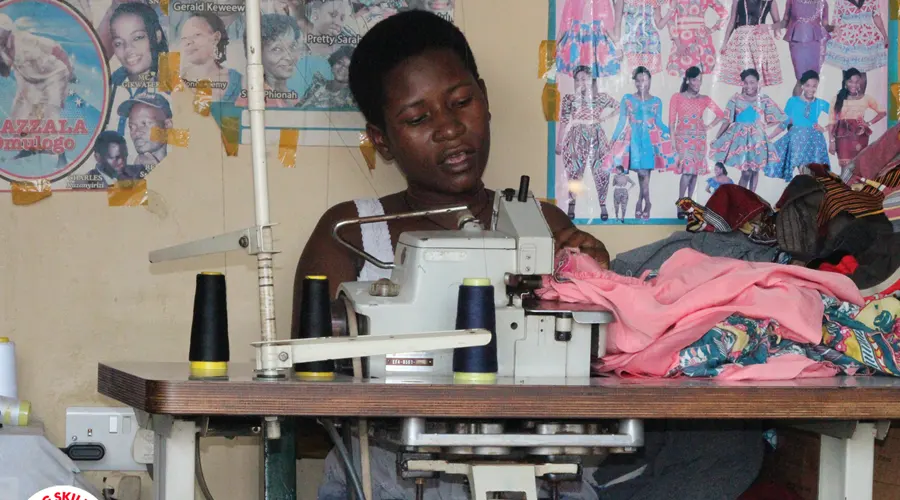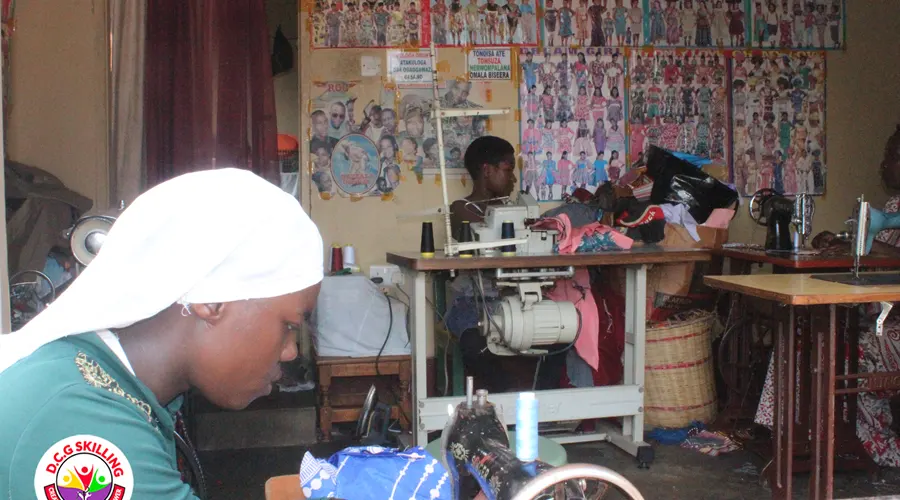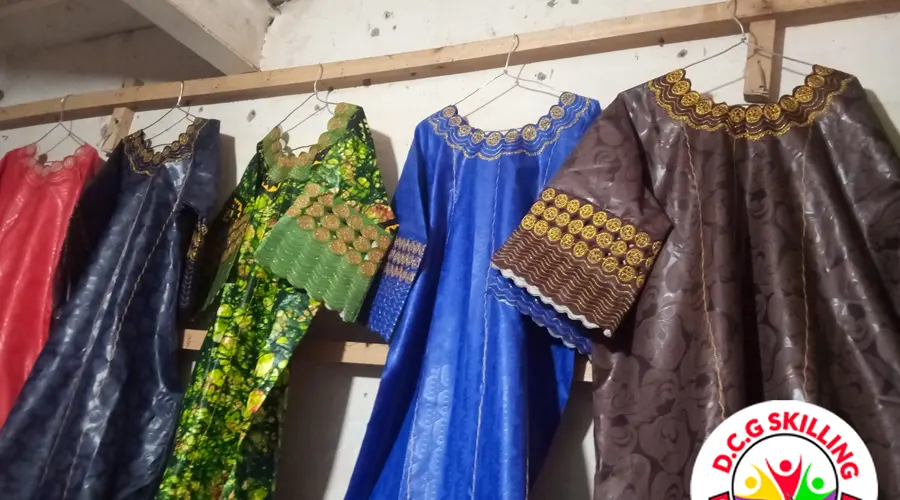Tailoring
Tailoring can be a lucrative business in Uganda for several reasons:
Growing Population
Uganda has a young and growing population. As the population increases, so does the demand for clothing. Tailoring businesses can cater to this expanding market by offering customized clothing options.
Cultural Significance
Traditional attire plays a significant role in Ugandan culture. Many people prefer tailor-made traditional clothing for events like weddings, cultural ceremonies, and other social gatherings. Tailors who specialize in these garments can find a steady market.
Economic Development
As Uganda's economy grows, more people have disposable income to spend on clothing. This increases the demand for both casual and formal wear, which can be met by local tailors.
Customization and Fit
Tailoring offers personalized fit and customization that ready-made clothing often lacks. This is especially important for people who have difficulty finding well-fitting clothes off the rack.
Local Production
Tailoring supports local production and can reduce reliance on imported clothes. This is beneficial for the economy and provides customers with unique, locally made products.
Employment Opportunities
The tailoring industry can create numerous employment opportunities, from seamstresses and tailors to fabric suppliers and salespeople. This can contribute to reducing unemployment rates in the country.
Entrepreneurship
Tailoring allows for small-scale entrepreneurship. With relatively low startup costs compared to other businesses, individuals can set up tailoring shops and grow their businesses over time.
Fashion Industry Growth
The fashion industry in Uganda is growing, with increasing interest in local designers and fashion shows. Tailors can capitalize on this trend by collaborating with designers and participating in fashion events.
Education and Skill Development
There are various institutions and programs in Uganda that offer training in tailoring and fashion design. This ensures a steady supply of skilled labor for the industry.
Tourism
Uganda attracts tourists who may be interested in purchasing locally made clothing as souvenirs. Tailors can target this market by offering unique designs that appeal to international visitors.
By leveraging these factors, tailoring businesses in Uganda can thrive and contribute to the overall economic development of the country
Fashion and designing can indeed be a lucrative business in Uganda for several reasons:
Growing Middle Class
With the economic development in Uganda, there is a growing middle class with increased disposable income. This segment of the population is more likely to spend on fashion and designer clothes.
Cultural Richness
Uganda has a rich cultural heritage, which can be a source of inspiration for unique and traditional fashion designs. This creates a niche market for designers who incorporate cultural elements into their work.
Young Population
Uganda has a predominantly young population that is increasingly influenced by global fashion trends. This demographic is always looking for trendy and fashionable clothing, creating a steady demand for new designs.
Events and Celebrations
There are numerous social events and celebrations in Uganda, such as weddings, introduction ceremonies (kwanjula), and other cultural functions. These events often require special attire, creating opportunities for designers to cater to these specific needs.
Influence of Media and Celebrities
The influence of local media, social media, and celebrities plays a significant role in shaping fashion trends. Designers can leverage these platforms to showcase their work and attract a larger audience.
Tourism
Uganda attracts tourists from around the world who are often interested in purchasing local fashion items as souvenirs. Designers can create collections that appeal to both locals and international visitors.
Education and Training
There are several fashion and design schools in Uganda that produce skilled designers. This ensures a continuous supply of trained professionals who can contribute to the industry.
Supportive Environment
The government and various organizations are increasingly recognizing the potential of the fashion industry and are providing support through grants, training, and exposure opportunities.
Online Marketplaces
The rise of e-commerce platforms allows designers to reach a broader audience, both locally and internationally. Online presence can significantly boost sales and brand recognition.
Sustainability Trends
There is a growing awareness of sustainability and ethical fashion. Designers who focus on sustainable and eco-friendly practices can tap into this emerging market trend.
By capitalizing on these factors, fashion and designing businesses in Uganda can not only thrive but also contribute significantly to the country’s economy and cultural landscape.



